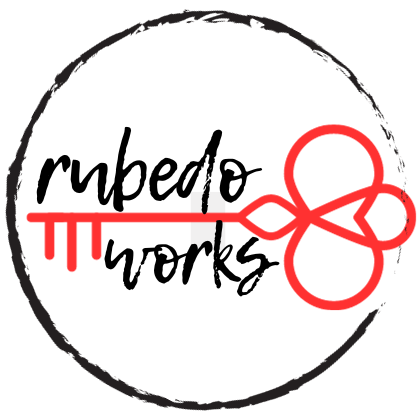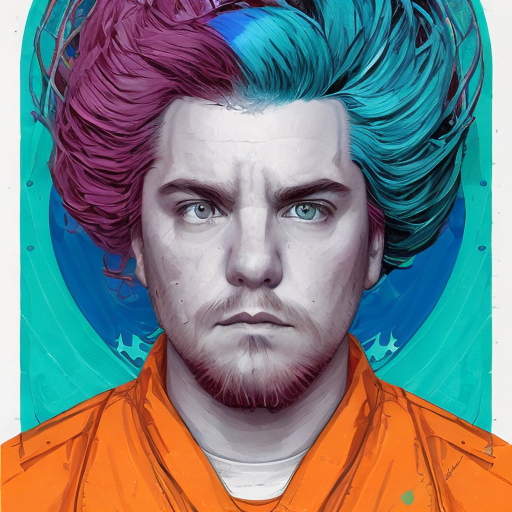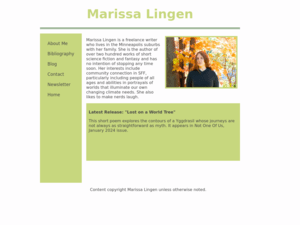

the alchemy of words, numbers and teamwork
Running a small business is hard work, there's no way around it. You get started with excitement and energy because you have something to give to people, whether that's a skill or a physical object. Then you run into what feels like hundreds of small details that are getting in the way of what you really want to be doing.
Nobody starts a tarot business because they can't wait to do a schedule C on their taxes.
You start with passion, maybe even with a calling, and you don't want to get distracted by all these things that you have to learn how to do: business bookkeeping, taxes, website design, organizing your stock... None of this is what you started out to do.
So why not hire someone else to do it for you? I can help you get your finances and your paperwork organized, your website updated, and your systems in place so that you can look and feel in control when you deal with your clients. Just tell me what's got you overwhelmed, and I'll tell you how I can take it off your plate and make it work for you.
When you’re queer and pagan, asking for advice or help can feel like a risk that may result in judgement and misunderstanding. I can’t address every single situation out there from experience, but I can approach every situation with an open mind and a determination to find what works for the person in front of me, instead of what we're supposed to believe works for everyone.

Rubedo Works Press: I started out with comics, drawn on notebook paper and meticulously photocopied at the library for distribution to a handful of kids I knew. Within a few years I was making zines in high school, enjoying the opportunity they offered to be cool by proxy in the late 90s, because I was never going to be cool in the actual town I lived in.
I genuinely enjoy self-publishing, putting work out there for the sake of it being out in the world rather than stressing about trying to navigate traditional publishing. I like designing my ebooks in the same way I enjoyed designing zines on paper, so that every bit of it is my own.
Alchemical Rubedo: Alchemically speaking, rubedo refers to the Latin word for "redness" and the final state of the great alchemical workings. It's associated with roses and the phoenix. In Jungian terms, it's about transcendence and the merging of the ego and the Self. I believe enlightenment is a verb, not a destination, but turning small battles into great victories is what I try to do every day.
I want to help you make your own work run smoothly, and I can do that in a number of ways:
Bookkeeping: I’ve been working in finance-related fields for more than ten years and I love to help business owners avoid unpleasant surprises. Whether you’re looking for someone to sit down and untangle your business finances in a one-time review or a partner who can handle a quick update for you every month so you know how you’re doing, I can be the eagle-eye that takes the “boring stuff” off your plate!
Organizing: I am a certified Organizer (term here) and a CUNA-certified Financial Counselor. If you are looking for advice on organizing your finances, getting your paperwork in order, keeping business and personal fincances separate, or even just resetting your relationship with money, I’d love to meet you where you are and help you get to where you want to be.
Sigil and spell design: I design custom sigils and spells to give your business that little extra boost, whether you want a single sigil to include in your business cards, a whole flock that you can put into motion together, or a spell customized for your exact situation.
Graphic design and branding: If you want a clean, simple website that you can maintain yourself, a logo for your site or a business card design, I will whip that up for you. I love designing stickers and logos that look sharp and grab attention.

A clean but colorful design themed around the author's photo, with a space to highlight a recent release.

A simple website designed to catch web searches for the association and direct HOA members to useful links.
Virtual assistance: Maybe you need a bit of help with something else in your small business. I also have experience with copywriting, website design and maintenance, social media posting and I can even make phone calls for you if you’re too busy to do it yourself.
So, what can I help you with?
to see more of my work, including ebooks, custom oracle cards and other designs
Additional ebooks can be found on Itch.io and Ko-Fi.
These are tarot, lenormand and oracle card "booster packs" I designed for use on their own or in combination with magpie and alley decks, repeating fabric designs I created for sewing, and various logos and apothecary labels designed for stickers and clothing.
There's more to me than this.

Reach out: